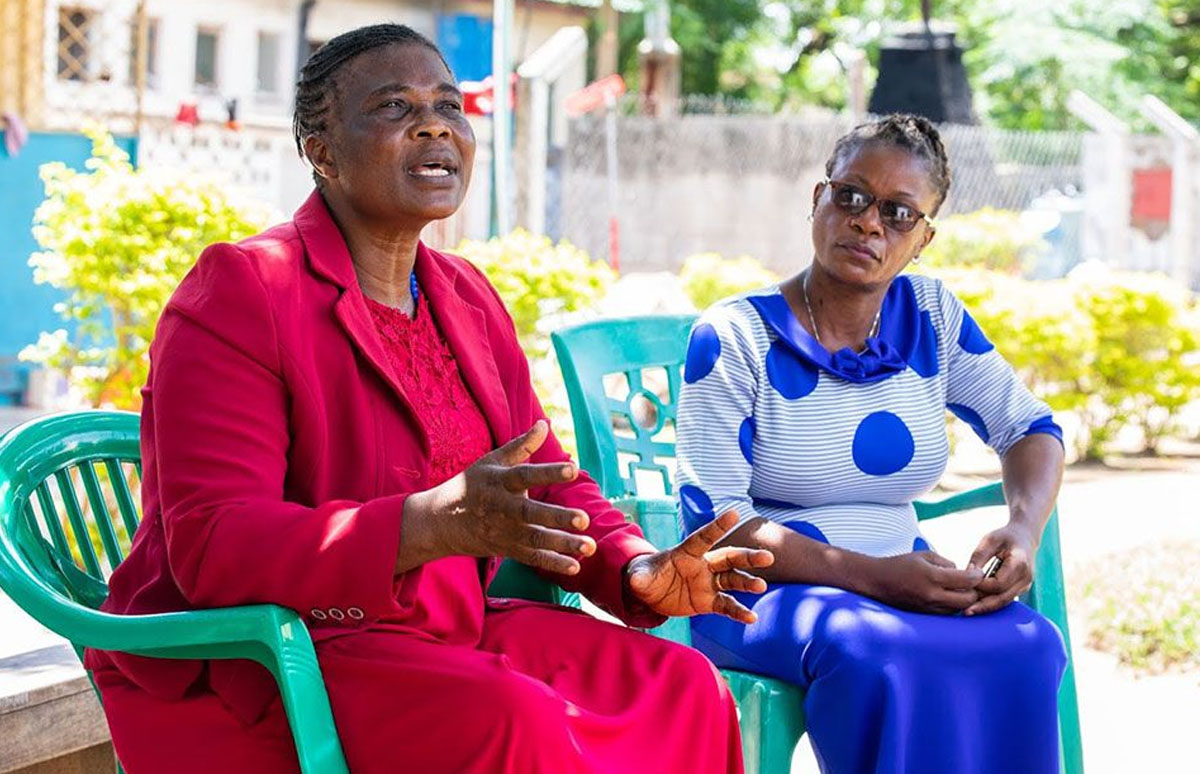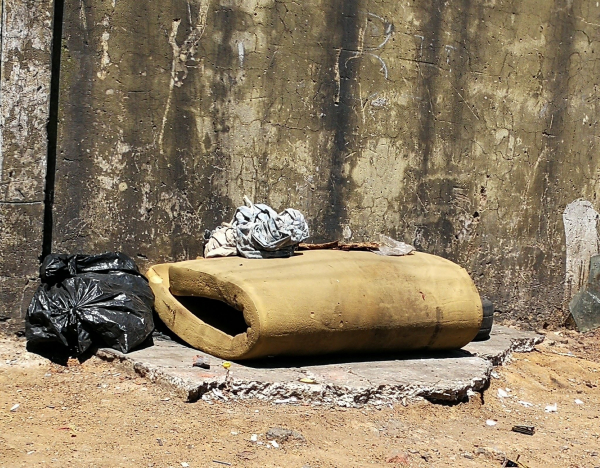As we commemorate #ZeroDiscrimination Day on 1 March 2019 we must remember that people who inject drugs are disproportionately affected by discriminatory laws and stigma.
UNAIDS estimates that 56‒90% of people who inject drugs will be incarcerated at some stage in their lives even though drug use in prison settings is widely documented. There are at least 100 countries that criminalize the possession of drugs for personal use around the world and some 33 countries prescribe the death penalty for drug offences in law.
Laws that criminalize and marginalize people who inject drugs compromise their human rights. These rights include the right to equal treatment before the law; the right to privacy; the right to dignity and the right to health.
These laws and policies facilitate new HIV infections as the threat of punishment and inadequate targeted policies discourage people who inject drugs from accessing public health services, including HIV and hepatitis C testing, prevention and treatment services.
They face internal stigma and external stigma, for example from health care workers who turn away people who inject drugs from health services.
As a result of less priority being given to public health programmes for people who inject drugs, they are 22 times more likely to be living with HIV than people in the general population.
Studies illustrate that women who inject drugs experience even higher levels of negative health outcomes as their risk of HIV infection is higher as compared to male counterparts. Evidence also shows that women who inject drugs face considerably high stigma from society and are more likely to be punished than male counterparts.
There is an urgent need for harm reduction programmes to be an integral component of HIV and health coverage if we are to meet the goal of Ending AIDS as a public health threat by 2030. UNAIDS supports a people-centred, human rights, public health approach to reduce HIV and hepatitis C infections among people who inject drugs.
This includes a comprehensive harm reduction package of interventions, including needle-syringe programmes and opioid substitution therapy, provided in a legal and policy environment that enables access to services, prevents HIV new infections and reduces deaths from AIDS-related illnesses, Tuberculosis, viral hepatitis and sexually transmitted infections.
Harm reduction aims to reduce the health, social and economic harms associated with engaging in risky use of substances, without requiring people to stop their use. It is an approach underpinned by the principles of pragmatism, dignity, human rights and public health and one within which people who inject drugs are firmly at the centre.




